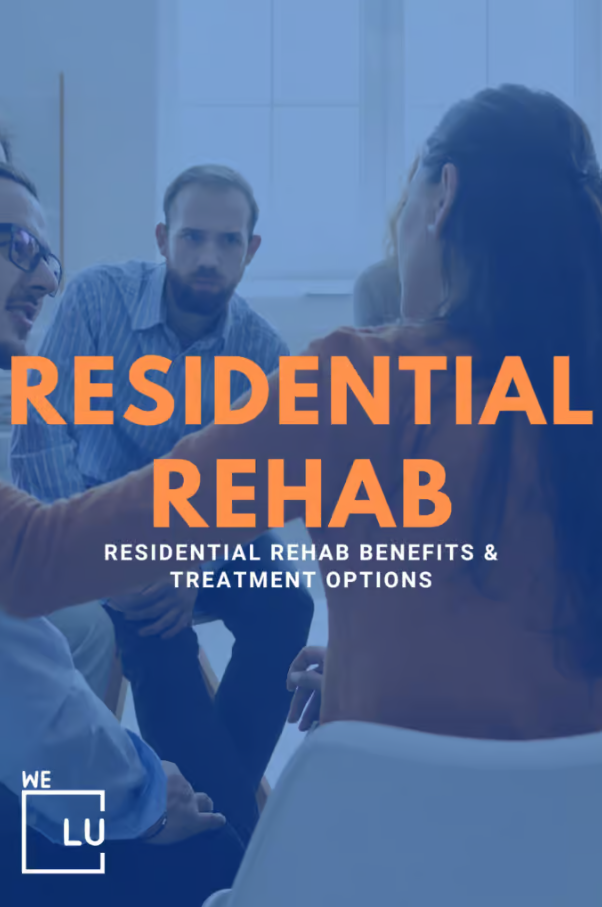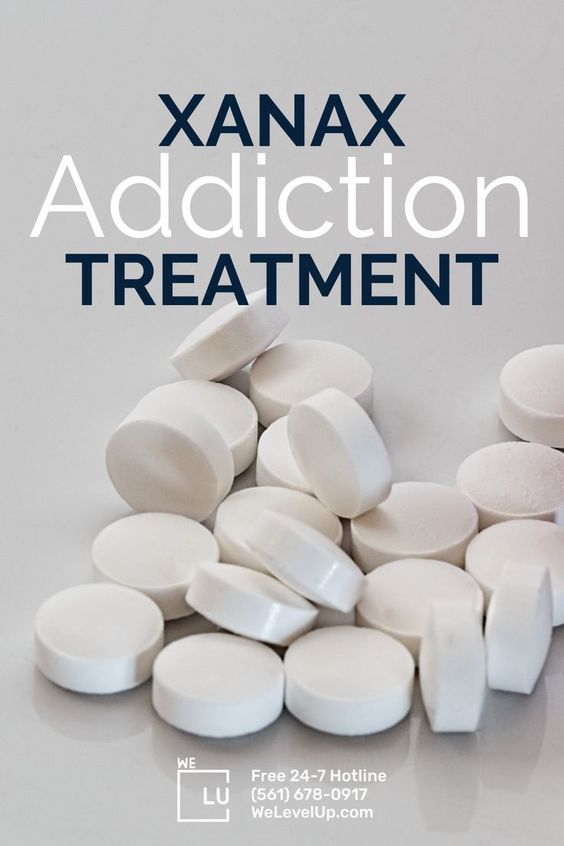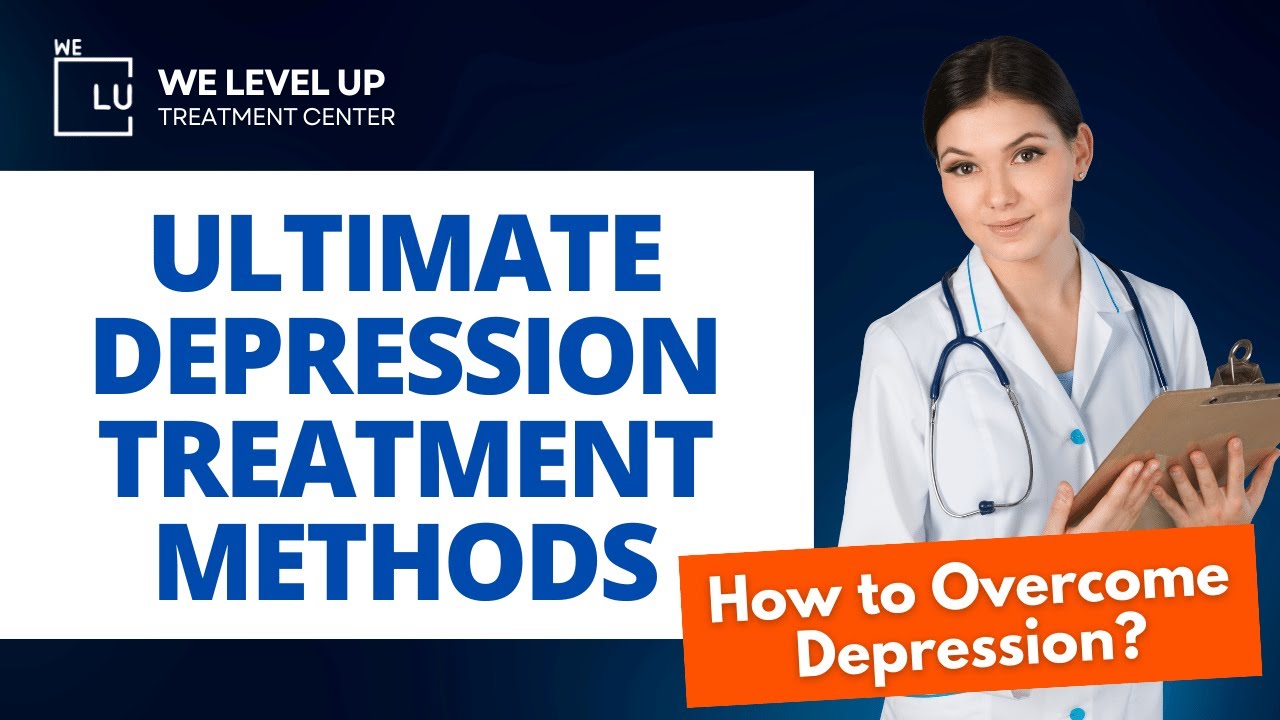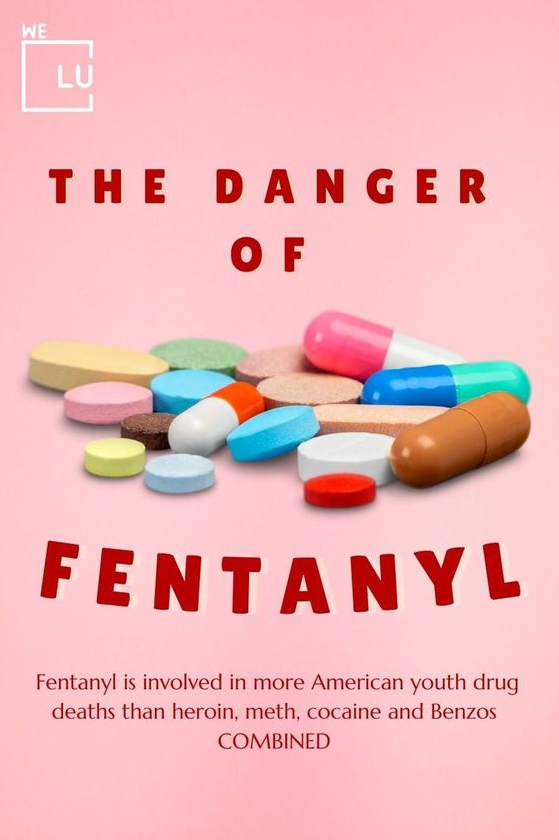Does Ketamine Therapy Get You High?
Ketamine is a dissociative anesthetic that, when used as prescribed by a healthcare professional, should not produce a “high” in the typical sense.
Aside from being used as induction for anesthesia, ketamine therapy appears to provide patients with a kind of mental time out from distressing thought patterns. Ketamine therapy for depression helps negative thinking begin to quiet down during and after treatment.
However, when abused or used recreationally in higher doses than prescribed, ketamine can lead to hallucinations, altered perceptions, and a sense of dissociation, which some individuals might describe as feeling euphoric and “high.”
Who is Most Likely to Benefit from Ketamine Therapy?
Ketamine treatment, in general, is for individuals who have severe mental illness and who have tried other medications with little or no relief. It has been most widely studied in individuals with treatment-resistant depression and acute suicidality. It may also benefit patients with conditions such as:
- PTSD.
- OCD.
- Bipolar depression.
- Anxiety and eating disorders.
People with specific conditions such as psychosis generally are not candidates for therapeutic ketamine.
Is Ketamine Safe?
When used under supervised conditions and with careful patient screening, therapeutic ketamine is considered generally safe by most practitioners, with the known warning that all medications carry some risks.
One big worry about ketamine is its use in unsupervised situations.
There are several ways to get ketamine. It might be a liquid or a powder. Users who do it illegally typically snort, smoke, inject, or add it to drinks. The most typical is a white powder that resembles cocaine in appearance. This type is well-liked since it makes it simple for users to regulate their dosage.
As a tablet form, ketamine is often cut with other drugs and sold as a variant of ecstasy. When used for medicinal purposes, the drug’s normal state is liquid ketamine, which is how the powdered version is produced.
There are four ways that ketamine is usually abused. Oral use, swallowing, and adding ketamine to beverages create the longest high with more potent effects but need a larger dose.
Snorting, also called “taking bumps,” has a quicker impact with smaller doses but a shorter high. Ketamine users can inject ketamine, typically intramuscularly. When injected, the effects often occur within a few minutes and can last up to an hour.
Do Ketamine Infusions Get You High?
Ketamine therapy often is given through intravenous infusions that last about 40 minutes. The dose is lower than when the drug is used for sedation. Psychotherapy, which usually happens after the drug effects end, can also be part of the treatment.
Therapeutic ketamine can feel like floating outside one’s body, pleasantly leaving your physical self behind. Some individuals gain a magnified sensory awareness, where colors may appear brighter. However, other patients might start crying uncontrollably or become anxious.
Common adverse effects can include nausea, drowsiness, dizziness, poor coordination, and feelings of disassociation and unreality. Blood pressure can also increase, so monitoring during treatment is critical.

Skip To:
Learn More:
- Ketamine Addiction Effects, Symptoms, Dangers, and Treatment
- Is Ketamine an Opioid? Ketamine Uses, Effects, and Abuse
- Ketamine Withdrawal Symptoms, Timeline, and Detox Treatment
- Dangers of Mixing Alcohol and Ketamine, Effects, and Abuse
- How to Detox Prescription Drugs. Detox Timeline and Treatment
- Prescription Drug Abuse, Causes, Symptoms, and Treatment
People should have informed discussions with their healthcare providers on the benefits, drawbacks, and acceptability of ketamine therapy for their particular circumstances, given the potential for instant antidepressant effects. This cooperative method guarantees that prospective applicants are knowledgeable and capable of making choices that support their general mental health and well-being.
Does Ketamine Nasal Spray Get You High?
Nasal ketamine treatment for mental health and pain management involves minimal doses, leading to deep relaxation and sedation without a “high.” However, the most common side effects include:
- Exhaustion.
- Dizziness.
- Nausea.
Some patients may experience dissociation, leading to the alleviation of fear and anxiety. Though side effects like feeling drunk or numbness are temporary, severe symptoms require immediate medical attention. Although rare, these adverse effects can occur:
- Chest pain.
- Breath shortage.
- Vision changes.
- Seizures.
- Sudden severe headaches.
- Loss of consciousness.
- Burning sensation or pain when urinating.
- Frequent urination, especially at night.
- Elevated blood pressure.
- Allergic reactions.
Determining the precise mechanism by which ketamine therapy produces beneficial effects will be necessary for expanding its application in mental health therapy. It may also shed light on other psychedelic treatments. But according to the National Institutes of Health (NIH), more research is still needed. [1]
Get Help. Get Better. Get Your Life Back.
Searching for Accredited Drug and Alcohol Rehab Centers Near You? We Level Up Texas Is Opening Soon!
Even if you have failed previously and relapsed, or are in the middle of a difficult crisis, we stand ready to support you. Our trusted behavioral health specialists will not give up on you. When you feel ready or just want someone to speak to about therapy alternatives to change your life call us. Even if we cannot assist you, we will lead you to wherever you can get support. There is no obligation. Call our network hotline today.
FREE Addiction Hotline – Call 24/7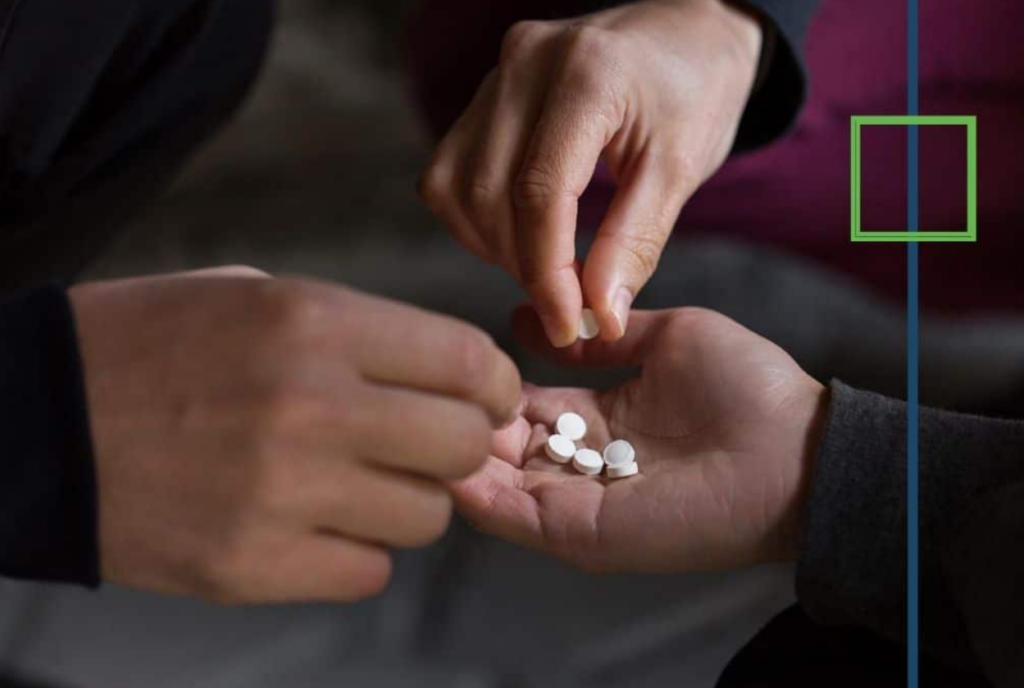
Ketamine High and Psychosis
As with other “club drugs,” ketamine has gained popularity among young people in dance clubs and “raves.” Because of its hallucinogenic properties, ketamine is misused chiefly to get a euphoric high.
Nonetheless, ketamine abusers or recreational users frequently display a range of symptoms resembling psychosis or a psychotic episode. Ketamine users may behave, think, or speak in ways that are disconnected from reality while they are experiencing a psychotic episode. After taking the ketamine, they could have disturbed thinking and have trouble speaking.
A lack of consciousness of reality is one of the characteristics of psychosis. Hallucinations can cause someone to develop delusions or incorrect beliefs. Ketamine psychosis has a significant impact on how they function in the family, at work, and in society.
Furthermore, psychosis-related changed perceptions and beliefs can lead to unexpected and perhaps hazardous behaviors toward oneself and others. Psychosis can cause a person to disregard essential self-care, such as eating well or washing, endangering their physical well-being.
Inpatient Ketamine Drug Rehab
A recovered user can discover how to live a healthy life without using ketamine by enrolling in an inpatient program.
Inpatient ketamine drug rehab programs may include:
- Detoxification services.
- Individual counseling.
- Group therapy sessions.
- Cognitive-behavioral therapy (CBT).
- 12-step or alternative recovery programs.
- Medical supervision and support.
- Dual diagnosis treatment for co-occurring mental health issues.
- Family therapy.
- Aftercare planning.
- Holistic and evidence-based therapies such as yoga or meditation.
Relapse during the early stages of treatment is less likely in the controlled setting because it restricts external stimuli and distractions. The assurance of a secure and efficient detox process is reinforced by the constant presence of medical monitoring, available round the clock.
This dedicated management not only assures the physical well-being of individuals undergoing ketamine drug detox but also provides a rapid response mechanism for any emerging difficulties or withdrawal symptoms. The 24/7 medical supervision in inpatient ketamine drug rehab programs is integral in managing the unpredictable nature of withdrawal, as it allows for the following:
- Timely adjustments to the treatment plan.
- Medication administration for withdrawal or mental health issue symptoms.
- Immediate intervention in the face of any unforeseen complications.
Opening Soon! First-Class Facilities & Amenities
World-Class High-Quality Addiction & Mental Health Rehabilitation Treatment
Coming Soon! Rehab Centers TourRenowned Addiction Centers. Serene Private Facilities. Inpatient Rehab Programs Vary.
FREE Addiction Hotline – Call 24/7Proven recovery success experience, backed by a Team with History of:
- 15+ Years Experience
- 100s of 5-Star Reviews
- 10K+ Recovery Successes
- Low Patient to Therapist Ratio
- Onsite Medical Detox Center
- Comprehensive Dual-Diagnosis Treatment
- Complimentary Family & Alumni Programs
- Coaching, Recovery & Personal Development Events
Ketamine Detox
It’s critical to recognize the warning signals of your addiction and to accept that you need help. This frequently involves having you evaluated for drug use disorder by a qualified addiction specialist to decide the best course of action.
After detox, a new avenue for treating ketamine addiction becomes available. This is known as an inpatient drug rehab or residential level of care. The We Level Up Texas rehab center residential care program carefully and methodically acclimates the client to a therapeutic environment managed by clinicians, master’s-level therapists, group counselors, psychiatrists, and a community of like-minded people who share the same goal of achieving sobriety and leading fulfilling lives.
Programs for inpatient recovery offer a medically supervised, controlled environment that is available around the clock, facilitating the procedure of detoxification and treating both the physical and mental elements of addiction. Understanding the underlying reasons for dependence and developing coping skills are crucial outcomes of both individual and group therapy. When it comes to treating the thinking patterns and behaviors connected to ketamine drug use, cognitive-behavioral therapy (CBT) is mainly sufficient.
Follow-up care is critical once a formal treatment program is completed. Participating in support groups, creating a relapse prevention technique, and immersing in therapy may all be part of this. Ongoing healing requires adopting a comprehensive well-being perspective that includes good lifestyle preferences.
Aftercare Program for Ketamine Addiction Treatment
Cognitive behavioral therapy, or CBT, is one method that works well for treating substance abuse in people. Behavioral therapy patients are taught to identify situations that might tempt them to use the ketamine medication again, as well as negative self-perceptions that can serve as relapse triggers. Once acknowledged, people may develop coping strategies to eliminate relapse-inducing ideas and avoid tempting situations. Giving patients a sense of accountability throughout therapy is essential to keeping them motivated and helping them break free from ketamine addiction long-term.
Opening Soon! Level Up Treatment Texas (Referred To As We Level Up Texas) Rehab Center Ketamine Addiction Treatment
By removing ketamine from the body, detoxification aids in the management of withdrawal symptoms and guarantees physical stability. Nonetheless, it’s essential to continue with thorough addiction treatment.
Continue with your nutritious food and regular workout regimen while you detox from ketamine. This healthy lifestyle is what your body and mind need to overcome detox complications. Our rehab services include various activities, revitalizing meals, and serene surroundings to support your treatment and recovery. Exercise for recreation may also be a helpful way to avoid detoxification symptoms.
Get a free rehab insurance check without any obligation.
Opening Soon! World-class, Accredited, Anticipated 5-Star Reviewed, Effective Addiction & Mental Health Programs. Complete Behavioral Health Inpatient Rehab, Detox plus Co-occuring Disorders Therapy.
FREE Addiction Hotline – Call 24/7End the Addiction Pain. End the Emotional Rollercoaster. Get Your Life Back. Start Drug, Alcohol & Dual Diagnosis Mental Health Treatment Now. Get Free No-obligation Guidance by Substance Abuse Specialists Who Understand Addiction & Mental Health Recovery & Know How to Help.
“I Turned My Life Around from Drug, Alcohol Addiction, Loneliness, Despair, and Anxiety to Full Recovery.” — Testimonial Video
Start a New Life
Begin with a free call to an addiction & behavioral health treatment advisor. Learn more about our dual-diagnosis programs. The We Level Up treatment center network delivers recovery programs that vary by each treatment facility. Call to learn more.
- Personalized Care
- Caring Accountable Staff
- World-class Amenities
- Licensed & Accredited
- Renowned w/ 100s 5-Star Reviews
We’ll Call You
Search We Level Up Texas Ketamine Addiction Treatment, Mental Health Topics, and Resources
Sources
- FDA warns patients and health care providers about potential risks associated with compounded ketamine products, including oral formulations, for the treatment of psychiatric disorders – Food and Drug Administration (FDA)
- Is ketamine a psychedelic? Related research for ketamine high and ketamine psychedelic effects: Rosenbaum SB, Gupta V, Patel P, et al. Ketamine. [Updated 2023 May 26]. In: StatPearls [Internet]. Treasure Island (FL): StatPearls Publishing; 2023 Jan-. Available from: https://www.ncbi.nlm.nih.gov/books/NBK470357/
- Ivan Ezquerra-Romano I, Lawn W, Krupitsky E, Morgan CJA. Ketamine for the treatment of addiction: Evidence and potential mechanisms. Neuropharmacology. 2018 Nov;142:72-82. Doi: 10.1016/j.neuropharm.2018.01.017. Epub 2018 Jan 12. PMID: 29339294.
- Liu Y, Lin D, Wu B, Zhou W. Ketamine high abuse potential and use disorder. Brain Res Bull. 2016 Sep;126(Pt 1):68-73. Doi: 10.1016/j.brainresbull.2016.05.016. Epub 2016 May 31. PMID: 27261367. Research related to Can you get addicted to ketamine? Ketamine addiction risk; ketamine for addiction; addicted to ketamine.
- Le TT, Cordero IP, Jawad MY, Swainson J, Di Vincenzo JD, Jaberi S, Phan L, Lui LMW, Ho R, Rosenblat JD, McIntyre RS. The abuse liability of ketamine: A scoping review of preclinical and clinical studies. J Psychiatr Res. 2022 Jul;151:476-496. Doi: 10.1016/j.jpsychires.2022.04.035. Epub 2022 May 10. PMID: 35623124.
- Yavi M, Lee H, Henter ID, Park LT, Zarate CA Jr. Ketamine treatment for depression: a review. Discov Ment Health. 2022;2(1):9. Doi: 10.1007/s44192-022-00012-3. Epub 2022 Apr 15. PMID: 35509843; PMCID: PMC9010394.
- Mandal S, Sinha VK, Goyal N. Efficacy of ketamine therapy in the treatment of depression. Indian J Psychiatry. 2019 Sep-Oct;61(5):480-485. Doi: 10.4103/psychiatry.IndianJPsychiatry_484_18. PMID: 31579184; PMCID: PMC6767816.
- Drug Fact Sheet: Ketamine High – Drug Enforcement Administration (DEA)
- Ketamine High Fast Facts – Department of Justice (.gov)
- Shin C, Kim YK. Ketamine in Major Depressive Disorder: Mechanisms and Future Perspectives. Psychiatry Investig. 2020 Mar;17(3):181-192. Doi: 10.30773/pi.2019.0236. Epub 2020 Mar 23. PMID: 32209965; PMCID: PMC7113176.
- Liriano F, Hatten C, Schwartz TL. Ketamine as a treatment for post-traumatic stress disorder: a review. Drugs Context. 2019 Apr 8;8:212305. Doi: 10.7573/dic.212305. PMID: 31007698; PMCID: PMC6457782.
- Du R, Han R, Niu K, Xu J, Zhao Z, Lu G, Shang Y. The Multivariate Effect of Ketamine on PTSD: Systematic Review and Meta-Analysis. Front Psychiatry. 2022 Mar 9;13:813103. Doi: 10.3389/fpsyt.2022.813103. PMID: 35356723; PMCID: PMC8959757.
- Tully JL, Dahlén AD, Haggarty CJ, Schiöth HB, Brooks S. Ketamine treatment for refractory anxiety: A systematic review. Br J Clin Pharmacol. 2022 Oct;88(10):4412-4426. Doi: 10.1111/bcp.15374. Epub 2022 May 20. PMID: 35510346; PMCID: PMC9540337.
